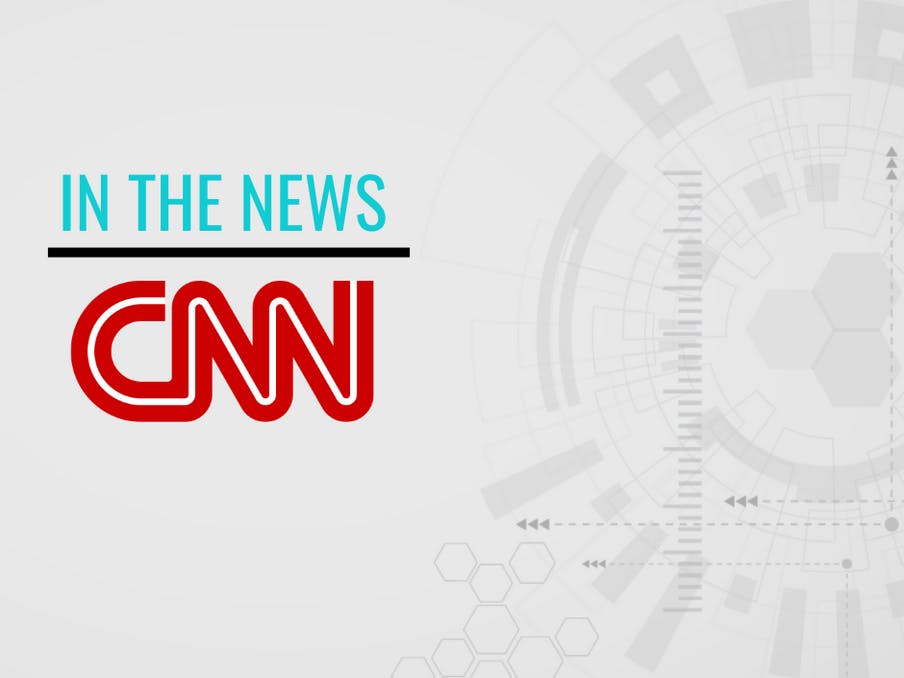Feds proceed with caution as potential Trump indictment fuels sporadic calls for violence online

CNN: Sean Lyngaas, Zachary Cohen, Donie O'Sullivan and Brynn Gingras
Washington CNN —
Federal officials, including those at the FBI and Department of Homeland Security, are monitoring what they say has been an uptick in violent rhetoric online including calls for “civil war” since former President Donald Trump asked supporters to “protest” what he said was his impending arrest.
But the online chatter has been just that – and has lacked the actionable information, coordination and volume that preceded the January 6 attack on the US Capitol, US officials and security experts tell CNN.
An intelligence memo from US Capitol Police on Sunday downplayed the current threat, saying there was “no indication of large-scale organized protests and/or violence” like what was observed in the lead-up to January 6. The memo also cautioned that while Trump’s influence with moderate conservatives has “waned since he left office, some of his most ardent supporters continue to condone political violence and continue to be willing to fight on behalf of the former president.”
That dynamic has led to a cautious response from the Biden administration, which has refrained from making too much of the chatter and been careful about what it shares regarding potentially violent rhetoric with state and local law enforcement, a senior US official familiar with the online chatter told CNN.
“There has been nothing specific or credible — both in terms of large-scale activity or violence,” the senior official said.
A senior law enforcement official also told CNN that while the online chatter is growing with time, it’s all “familiar” to the intelligence community, meaning nothing that rises to the level of major concern as of now.
A key difference two years after January 6, sources tell CNN, is the threat of arrest has risen in the minds of many potential protesters. As a good indicator of the current situation, the senior law enforcement official pointed to a small protest on Monday in New York City, noting that one group that was scheduled to come decided not to out of apparent fear of being arrested.
Still, federal, state and local law enforcement officials are wary of underestimating the potential violence, as critics say they did prior to January 6, when weeks of online threats turned into a deadly attack at the Capitol.
Officials in Washington are preparing for demonstrations surrounding any indictment of Trump that could erupt into violence, a district official told CNN on Monday. But FBI and Department of Homeland Security officials are also wary of opening themselves up to political attacks by Republicans, who are eager to call out both agencies for anything perceived as infringing on people’s First Amendment rights, the senior US official said.
And until Trump tells his supporters when and where to show up in his defense, as he did before the Capitol riot, “it is unlikely we will see another event of January 6th’s magnitude and even then, a lot of folks have lost faith in him,” said Meghan Conroy, a former investigator on the January 6 Select Committee who is now a research fellow with the Atlantic Council’s Digital Forensic Research Lab.
On top of that, online rhetoric has been relatively muted compared to 2021.
“The steady stream of anti-government hostility and increasingly violent rhetoric is worrying, but it hasn’t reached the volume of what we saw in the run-up to January 6 yet,” Ben Decker, the CEO of online threat analysis firm Memetica, told CNN.
Some posts from influential right-wing figures in recent days have seemingly been more geared at creating chaos than at sparking violence. Right-wing provocateur Jack Posobiec took to Trump’s preferred social media platform, Truth Social, to call for a “nationwide bank run” after Trump announced that he expected to be arrested.
“The risk here is that narratives surrounding the recent collapse of Silicon Valley Bank and potential arrest of President Trump may converge as influencers like Posobiec foment conversation around a potential run-on banks as a form of nonviolent protest,” said Lisa Kaplan, founder of tech firm Alethea Group, which tracks online disinformation campaigns.
Read the full story here.